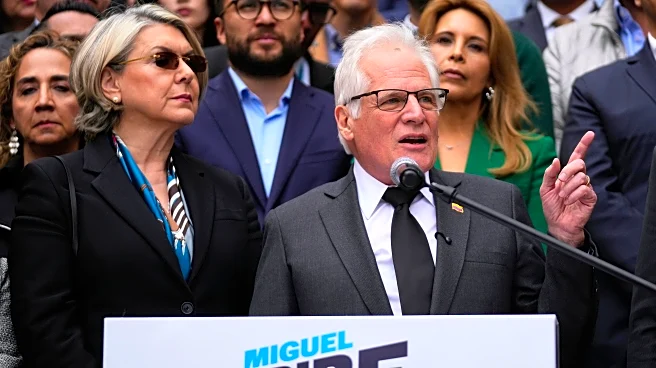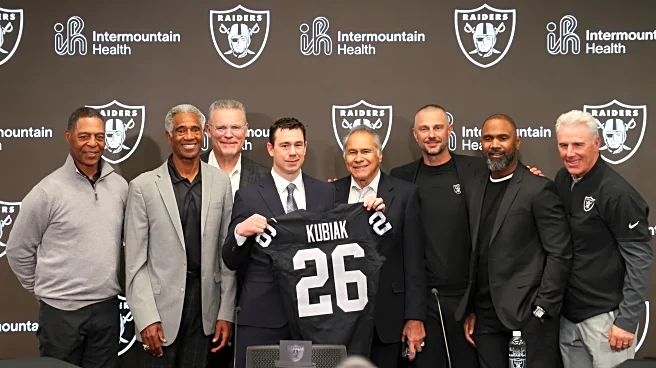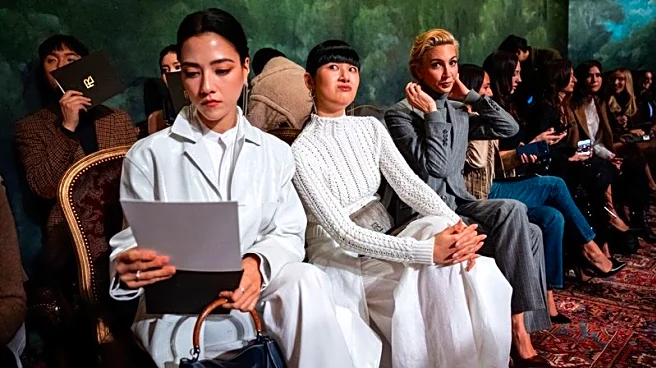Rapid Read • 8 min read
Ron Howard, the director of 'Hillbilly Elegy,' has expressed surprise at the divisive rhetoric of Vice President JD Vance, who was the subject of the film. In a conversation with Vulture, Howard shared his thoughts on Vance's public persona, which he did not anticipate to be as divisive. Howard revealed the content of his last text to Vance, sent after the election, wishing him well in his service. 'Hillbilly Elegy,' released in 2020, is an adaptation of Vance's 2016 memoir, featuring stars like Amy Adams and Glenn Close. Howard acknowledged the mixed reception of the film, noting that while reviews were poor, audience reactions were more favorable. He also mentioned Vance's frustration with the film's reception, feeling that his involvement might have influenced the critical response.
AD
The discussion highlights the evolving public perception of JD Vance, who transitioned from a memoirist to a political figure. Howard's comments underscore the complexities of adapting personal narratives into films, especially when the subjects become politically prominent. The film's reception reflects broader cultural divides, illustrating how personal stories can be interpreted differently across audiences. This conversation also sheds light on the challenges filmmakers face in balancing artistic expression with public expectations, particularly when dealing with politically charged subjects.
As JD Vance continues his political career, his public persona may further evolve, potentially impacting future projects related to his life story. Howard's reflections might influence how filmmakers approach adaptations of politically sensitive material, considering the potential for public figures to shape audience perceptions. The ongoing dialogue about 'Hillbilly Elegy' could lead to more discussions on the intersection of politics and film, influencing how stories are told and received in the future.
The film's reception and Howard's comments highlight the ethical considerations in storytelling, particularly when dealing with real-life figures who have significant political influence. The adaptation of Vance's memoir into a film raises questions about the responsibility of filmmakers to accurately represent their subjects while navigating public opinion. This situation exemplifies the broader cultural and political dynamics at play in the entertainment industry, where narratives can impact societal perceptions and discourse.
AD
More Stories You Might Enjoy












